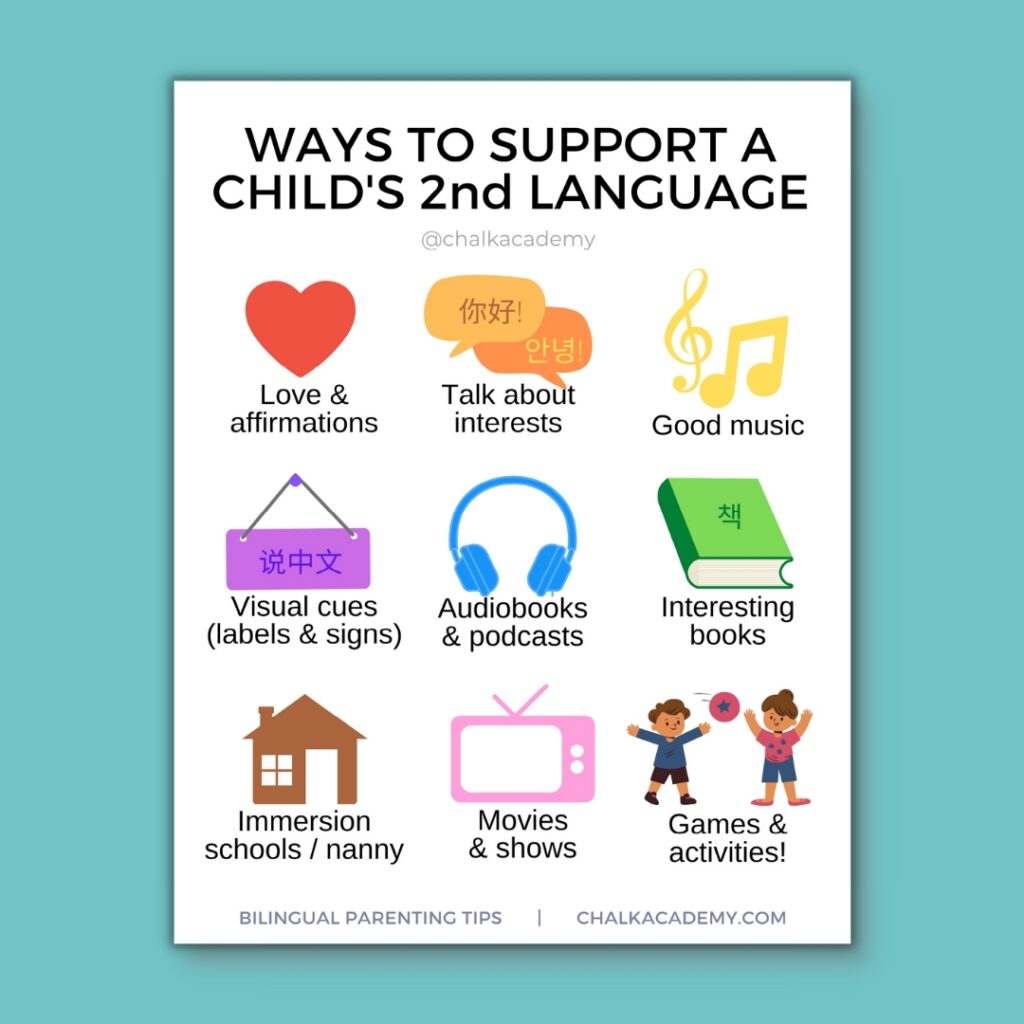Baby Care
The rising cost of child care is placing a strain on workers.


By Kajal Sharma - 24 May 2024 02:34 PM
The soaring expenses of child care are placing a strain on both businesses and employees.According to the 2023 KIDS COUNT® Data Book, which was just released by the Annie E. Casey Foundation, the lack of accessible and affordable child care in the nation shortchanges children, costs the American economy billions of dollars annually, stymies women's career advancement, and is driving families to breaking point. Every year, the report provides insight into the welfare of children in America; this year, it focuses on the effects that high-cost, difficult-to-find child care has on parents. It also discusses how inadequate compensation contributes to a persistent shortage of healthcare professionals and calls on national and state policymakers to implement effective remedies.An excessive number of parents are unable to find child care that works with their job schedules and commutes. According to the Data Book, 13% of children under the age of five who were born in 2020–2021 lived in families where a member resigned, moved jobs, or declined an offer due to child care issues. Additionally, women are five to eight times more likely than males to face unfavorable employment outcomes as a result of providing care.Parents frequently lack the funds to pay for child care, even if they are able to locate one close to their house. According to one analysis, the average annual national cost of child care for a single child in 2021 was $10,600, which is more than one-third of the income of a single parent and one-tenth of the median income of a married couple.
The child care system's shortcomings have a disproportionate impact on the financial security of women, single parents, impoverished parents, families with children, and immigrant families.A robust child care system is necessary for both the well-being of children and the prosperity of our economy. But the Annie E. Casey Foundation's president and CEO, Lisa Hamilton, states, "Our current approach fails kids, parents, and child care workers by every measure." "Working parents face impossible choices without access to affordable and safe child care, which affects not only their families but also their employers.
"Every year, the statistics Book rates the states based on how well children are doing overall and includes national and state statistics from 16 indicators in four domains: economic well-being, education, health, and family and community. According to the 2023 KIDS COUNT Data Book, New Hampshire, Utah, and Massachusetts rank first, second, and third in terms of overall child well-being; Mississippi, Louisiana, and New Mexico rank 48th, 49th, and 50th.
























